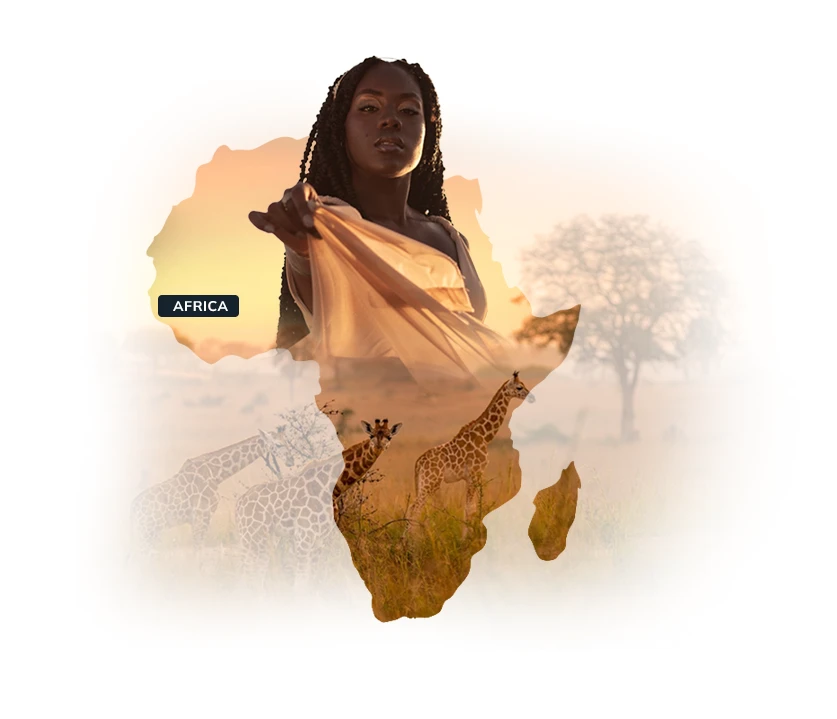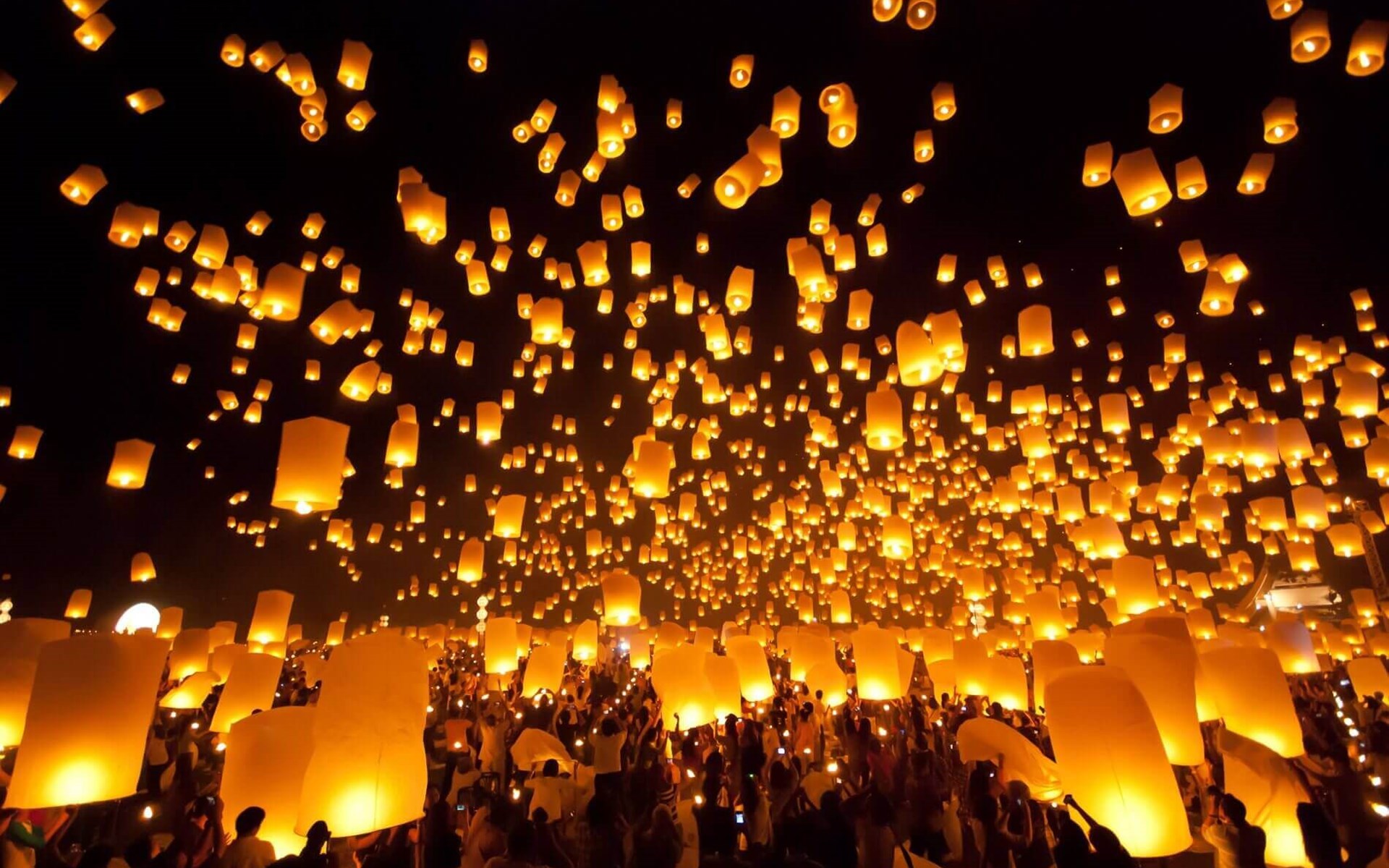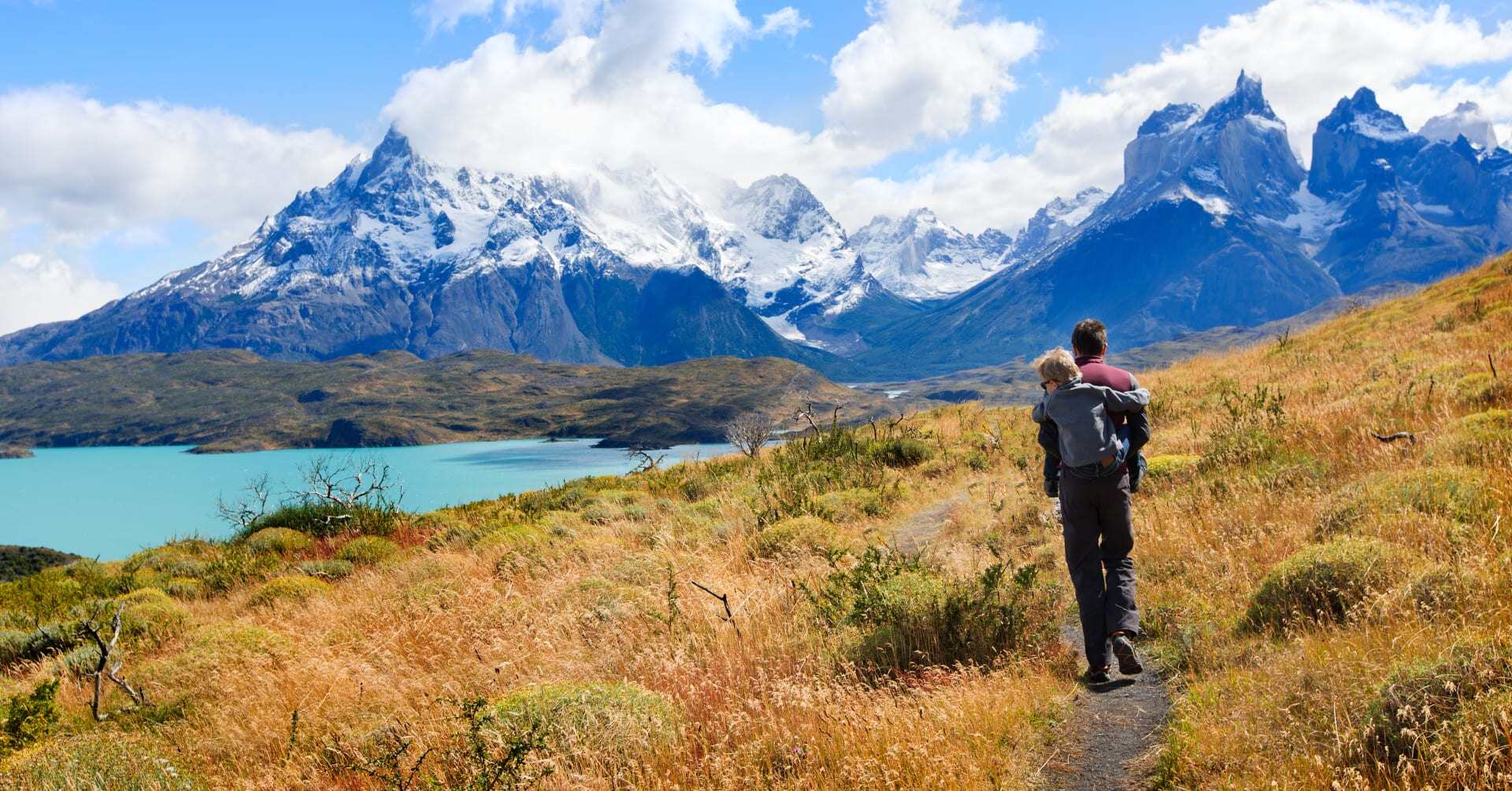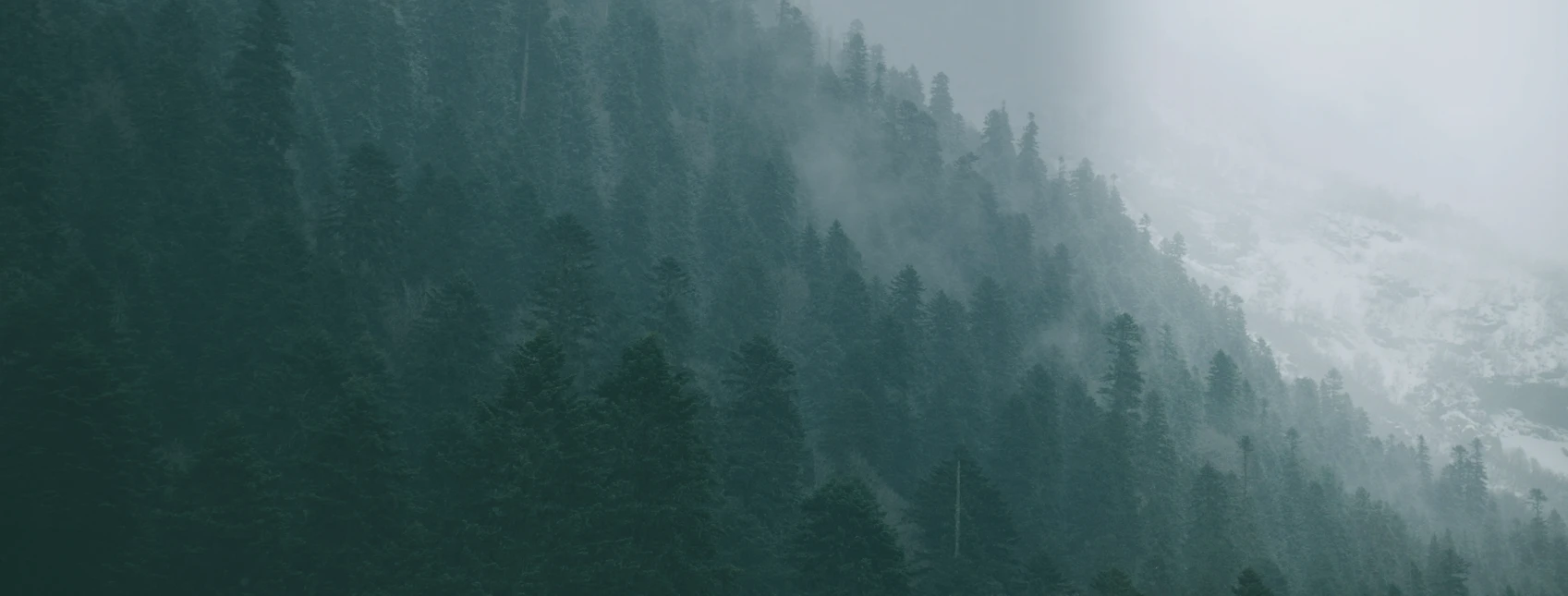A country like no other: Discover dense rainforests, national parks, endemic flora and fauna and playful lemurs with this responsible travel guide to Madagascar.
During the age of dinosaurs, Madagascar broke away from Asia and Africa. Today, it’s adrift in the Indian Ocean, with a coastline sparkling under the sun and boasting beaches bordered by ancient baobabs. Swimming between the ocean’s waves are migratory humpback whales, manta rays, fish, turtles, and leaping dolphins.
Off Africa’s south-eastern coast, its location lends itself to an off-grid experience, with total immersion in a rugged interior and remote communities. Madagascar is best known for its sprawling rainforests and kaleidoscope of indigenous creatures, including lemurs. 90% of the animals and plants are endemic, and around 80% cannot be found anywhere else in the world. This has given Madagascar the name ‘Eighth Continent of the World’.
It's easy to want to protect this unique ecosystem. But during your holiday to Madagascar you should also want to support the people and culture, especially since more than 50% of its people live below the poverty line. Your responsible travel ethos will improve the economy, ensure better education, provide jobs for Malagasy people, and protect the environment.

|
Madagascar Responsible Travel Tips
- Eco-friendly hotels in Madagascar
At Wayfarier, we pride ourselves on working with accommodation providers that share our responsible travel values. Madagascar has many such hotels, one of which is Mandrare River Camp, featured in our Highlights of Madagascar Tour. 90% of Mandrare River Camp’s employees are from the local area and they’ve reduced their carbon footprint by going fully solar-powered.
When you’ve selected your luxury accommodation in Madagascar, there are a few things you can do to help the environment:
- Try to use biodegradable toiletries in the bathrooms, which will minimise pollution entering the water
- Avoid wasting water, as the country can suffer shortages, affecting local livelihoods and agriculture
- When leaving the room, turn the lights off and any air conditioning and fans

|
- Give Back to the Locals
A key component of responsible travel is giving back to the locals. A great way to do this is to go beyond the tourist trail. Eat at locally owned, small restaurants and try fresh ingredients. Shopping locally is equally excellent, buying fruit, vegetables, and souvenirs at local markets. Wayfairer’s Highlights of Madagascar Tourvisits the Antandroy Tribe and local markets where you can browse handmade crafts.
Explore Madagascar itineraries here:
Rather than buying imported goods in supermarkets, try to purchase things identified as having been made in Madagascar, like spices, coffee, and chocolate. It’s important to note that buying objects made of Malagasy rosewood is illegal. Also, don’t purchase goods made of ebony, anything made from shells, snakeskin, fossils, and coral.
- Visit Local Communities
Visiting local communities is a fantastic way to show respect and interest in the Malagasy people during your holiday to Madagascar. Try to learn a few basic phrases before your trip so the locals feel comfortable engaging with you.
- Ask Permission
The people of Madagascar are extraordinary, vibrant, and culturally fascinating. But always ask permission before taking photos, especially of children. If they say no, respect their privacy and decision.
The same caution applies to animals; they are not there for your entertainment or pleasure, so don’t disrupt or manipulate them for that “perfect selfie”. Not only is this for your safety, but it protects the wildlife and prevents unnecessary stress placed on them.

|
- Don’t Give Children Gifts
No matter how cute or desperate the children look, do not give them gifts (money, clothes, sweets, or other goods). Unfortunately, this generosity encourages them to beg and develop a warped view of tourists. Instead, donate to charities that are actively supporting children’s welfare. Or, at the very least, spend time with them, genuinely engaging and playing with the children. This will put a smile on their faces.
- Report Suspicious Activities
Responsible travel doesn’t always mean protecting the wildlife, environment, and economy. It can also mean making tough decisions regarding controversial topics. For instance, prostitution is a thriving business in Madagascar, especially child sex tourism. Most children are forced into this line of work because of their poor upbringing. If you see anything, report it to local authorities. Additionally, call the hotline, which is 147, or contact the Ministry of Tourism.

|
- Think Twice about Sapphires
Sapphire mining is widespread in Madagascar. But before buying sapphires, please remember that children are employed to mine them and they’re often sent into dangerous, narrow tunnels, which puts their lives at risk.

|
8. Support Local Charities & Projects
During your holiday to Madagascar, supporting local charities and projects is a must. You can do this by funding WWF, which works with the government to protect the landscape. Local projects also include Children of Madagascar, which helps children from poor families with meals in schools and education. Red Island Restoration is an NGO specialising in re-planting mangrove forests.
Visiting conservation and research centres teaches about the local’s endeavours to protect Madagascar’s land, wildlife, and people. During our Highlights of Madagascar Tour, you can visit a private reserved operated by NGO Mitsinjo. It funds community education and reforestation and runs Madagascar’s first amphibian captive-breeding, facility, where you can see magnificent wildlife.
Wayfairer’s Madagascar Honeymoon Adventure whisks you away to Antafiamoara, where you’ll see giant tortoises. In 2018, these tortoises were re-introduced to the Anjajavy Reserve after being extinct for 750 years.
Fancy witnessing this for yourself?
Speak to one of our specialists and book your next big adventure!










